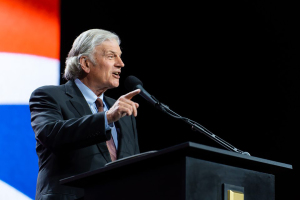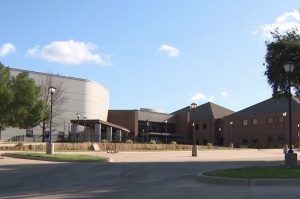Sandusky Trial Prosecution Rests: Jurors Get Emotional as Horrors Are Revisited
The Sandusky trial's prosecution has rested after four days of harrowing witness testimony, which ended Thursday. The eight witnesses, each claiming to have been a sexual victim of the former Penn State coach, testified to being harassed, coerced, and raped by him repeatedly, sometimes hundreds of times.
The Sandusky trial defense's strategy has in most centered around the timing of the witnesses coming forward- many of them have come forward over 10 years after the incidents happened- and on a possible "financial motive." Joe Amendola, Jerry Sandusky's attorney, revealed that angle to the jury.
"Money is a motivating factor in this case," Amendola told the court. "These young men had a financial motive in this case," he added, although he did not elaborate.
The individual testimonies 50 sexual abuse charges were horrifying. At times, jury members became emotional, crying as men, aged 18 to their late 20s, recounted their sexual encounters with the coach.
"I was scared. I didn't want to tell anyone regardless," one victim broke down on the stand under questioning. "I didn't want to, I didn't know what to do." Another told of how his screams, while piercing and loud in Sandusky's basement, always went unheard.
"Sometimes I'd scream, tell him to get off of me," the witness said. "But I think the basement is soundproof. It's a big basement." Sandusky's wife was always home, the victim alleged.
What's more gut-wrenching is the nature of the cultivation the prosecutor, Joe McGettigan, pointed out. All the victims lacked father the figures, all met Sandusky and saw him as a replacement father figure, and almost always, he attempted to ease his way into unwanted advances with gifts, access to Penn State games, and trips.
"He made me feel like I was a part of a family," Victim 3 told the court Thursday. "He gave me things that I had never had before."
The danger, of course, was that in the children's minds, the threat of sexual abuse did not outweigh the twisted emotional attachment that was their relationship. One witnesses testified that when he was sent back to foster care, he hoped the coach would rescue him, despite the past abuses.
"Obviously some of those kids may have wanted a father figure," Nadine Kaslow, a professor and psychologist at Emory University School of Medicine, told ABC news. "For them, getting some attention from an adult may be better than getting no attention."





























